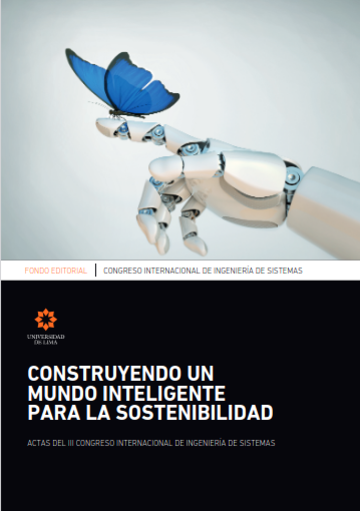The Mandatory Nature of Online Learning During COVID-19: A Comparative Study of the Experience of Three Universities
DOI:
https://doi.org/10.26439/ciis2020.5479Keywords:
online learning, learning platforms, online learning technologiesAbstract
This paper is devoted to the comparative analysis of three online learning plat forms used by three universities (Dubna State University and Pyatigorsk State University in Russia and University of Campania “Luigi Vanvitelli” in Italy) for the forced adoption of onli ne learning during the COVID-19 pandemic. The advantages, defects and restrictions of each learning platform are analyzed along with the factor of human error and incompetence while using the platforms. It was found that it was difficult to establish the authorship of the tasks performed, to check the real attendance and level of involvement during online lectures, and to ascertain students’ identity without violating laws on personal data and privacy. What is more, the participants of the educational process demonstrated their lack of experience and technical skills to work with the platforms, and their lack of motivation and self-discipline. In accordance with the data received and analyzed in this research, a list of recommendations and technical specifications required is offered. This research is useful for government institutions, universities, academic staff and students working or planning to start working with online learning instruments.
Downloads
References
Казакова, Т.А. (2015) Использование информационно-коммуникационных технологий в процессе преподавания иностранного языка в вузе. [Электронная версия] Лингвистика и межкультурная коммуникация No3(17) ( Journal paper in Russian).
Федеральный закон РФ от 27 июля 2006 года No 152-ФЗ “О персональных данных” (Official text in Russian).
Федеральный закон “Об образовании в Российской Федерации” от 29.12.2012 N 273-ФЗ (последняя редакция) (Official text in Russian).
Akinyemi, A. L., & Segun M. (2020) Techno-pedagogical Models and Influence of Adoption of Remote Learning Platforms on Classical Variables of Education Inequality during COVID-19 Pandemic in Africa. [Electronic version]. Journal of Positive Psycholog y and Counselling, 7. 72-82.
Basilaia, G. & Kvavadze, D. (2020). Transition to Online Education in Schools during a SARS- CoV-2 Coronavirus (COVID-19) Pandemic in Georgia. [Electronic version]. Journal of Pedagogical Research, 5(4).
Boling, E.C., Hough, M., Krinsky, H., Saleem, H., & Stevens, M. (2012). Cutting the Distance in Distance Education: Perspectives on what Promotes Positive, Online Learning Experiences. [Electronic version]. Internet and Higher Education, 15(115). 118-126. doi: 10.1016/j.iheduc.2011.11.006
Bryson, John R. & Lauren, A. (2020). COVID-19 and Rapid Adoption and Improvisation of Online Teaching : Curating Resources for Extensive Versus Intensive Online Learning Experiences. [Electronic version]. Journal of Geography in Higher Education. doi: 10.1080/03098265.2020.1807478
Dhawan, Shivangi (2020). Online Learning : A Panacea in the Time of COVID-19 Crisis. [Electronic version]. Journal of Educational Technolog y, 49(1). 5-22. doi: 10.1177/0047239520934018
Mukhtar K, Javed K, Arooj M, Sethi A. (2020). Advantages, Limitations and Recommendations for online learning during COVID-19 Pandemic Era. Pakistan Journal of Medical Sciences. doi: 10.12669/pjms.36.COVID19-S4.2785
Policy Brief: Education during COVID-19 and beyond. AUGUST 2020. Official document of the United Nations.
Regulation (EU) 2016/679 of the European Parliament and of the Council of 27 April 2016 on the protection of natural persons with regard to the processing of personal data and on the free movement of such data, and repealing Directive 95/46/EC (General Data Protection Regulation) (Text with EEA relevance). Official Journal of the European Union.


